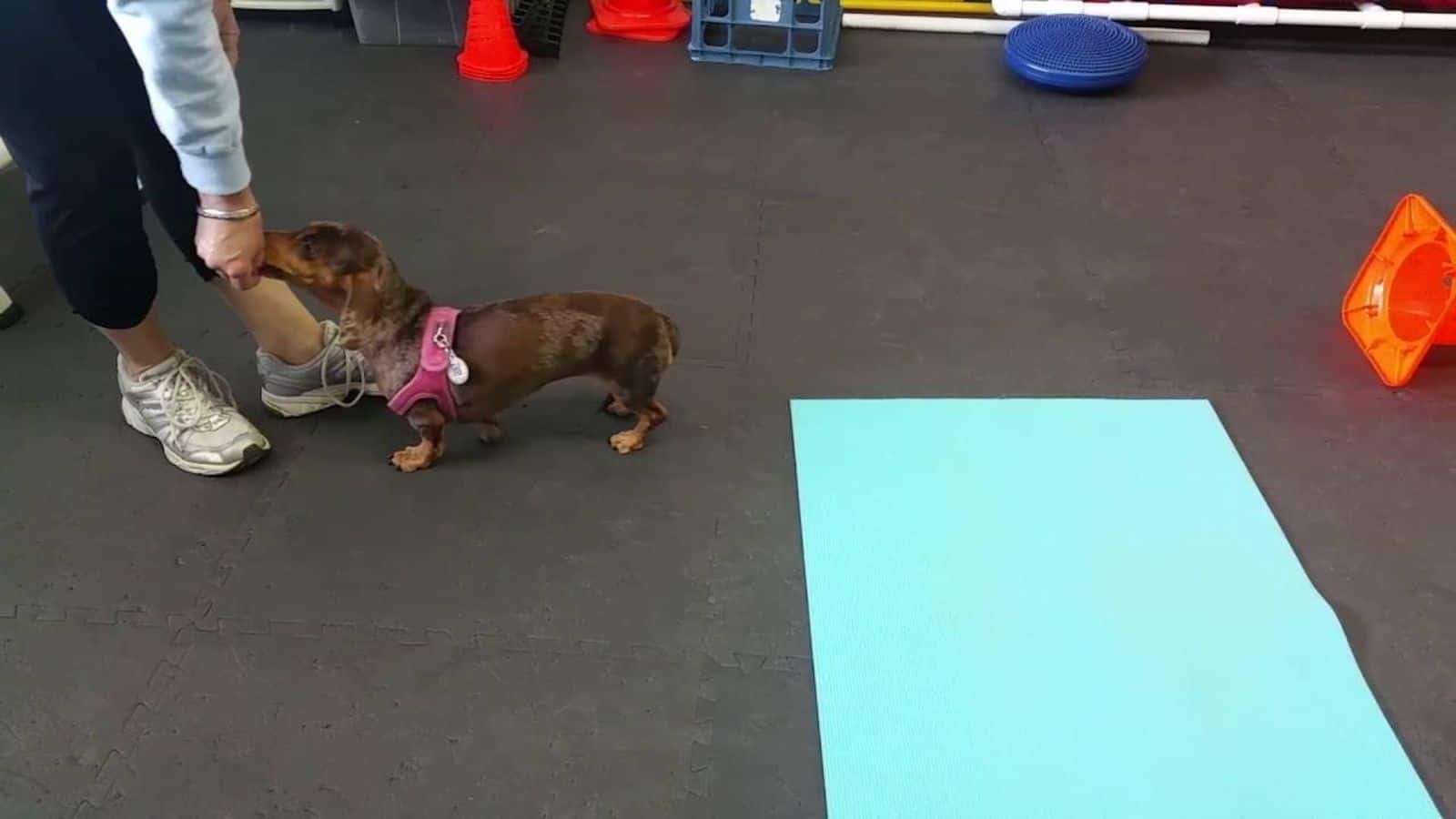
Strengthen your Dachshund's back with these tips
What's the story
Dachshunds are easily recognized by their unique physique, characterized by elongated bodies and short limbs. This distinct shape predisposes them to certain spinal issues, including intervertebral disc disease (IVDD). Dachshund owners need to prioritize exercises that bolster their pet's back strength, thereby mitigating the risk of such conditions and ensuring the dog's overall spinal health.
Tip 1
Regular low-impact exercise
Regular low-impact exercise is crucial for your dachshund. Involve them in activities like walking or swimming to help maintain a healthy weight, which is key to reducing spinal strain. Opt for multiple short walks throughout the day rather than long ones to prevent overworking their back. Swimming is especially good as it supports the entire body, significantly reducing back stress.
Tip 2
Controlled climbing
Stairs present a dual aspect for Dachshunds, serving as a form of exercise while also posing a risk. It's important to teach your pet the proper way to navigate stairs to minimize back strain. Encourage your dachshund to climb with slow, controlled movements, using treats or toys as incentives. Ensure they ascend and descend without jumping or skipping steps to protect their delicate spine.
Tip 3
Balance training
To enhance your dachshund's core strength, which is crucial for spinal support, integrate balance training exercises into their daily routine. Utilize specially designed canine balance cushions or wobble boards to challenge their stability. Begin with brief training sessions and as your dog's balance improves, gradually extend the duration and complexity of the exercises to further strengthen their core muscles and protect their spine.
Tip 4
Stretching exercises
Incorporating gentle stretching exercises can significantly enhance a Dachshund's flexibility and decrease the likelihood of injury. Encourage your dog to stretch forward for a treat, mimicking the "play bow" position, or carefully extend each leg outward to promote muscle elongation. It's crucial to perform these stretches slowly and never beyond what your dog comfortably tolerates, ensuring their safety and well-being.
Tip 5
Consistent weight management
It's crucial to keep your dachshund at an ideal weight to minimize spinal strain. Excess weight puts additional pressure on their spine, increasing the risk of pain and potential injury. Carefully monitor their food intake, ensure a balanced diet, and regularly consult with a veterinarian to establish a nutrition plan that suits your pet's specific health requirements.